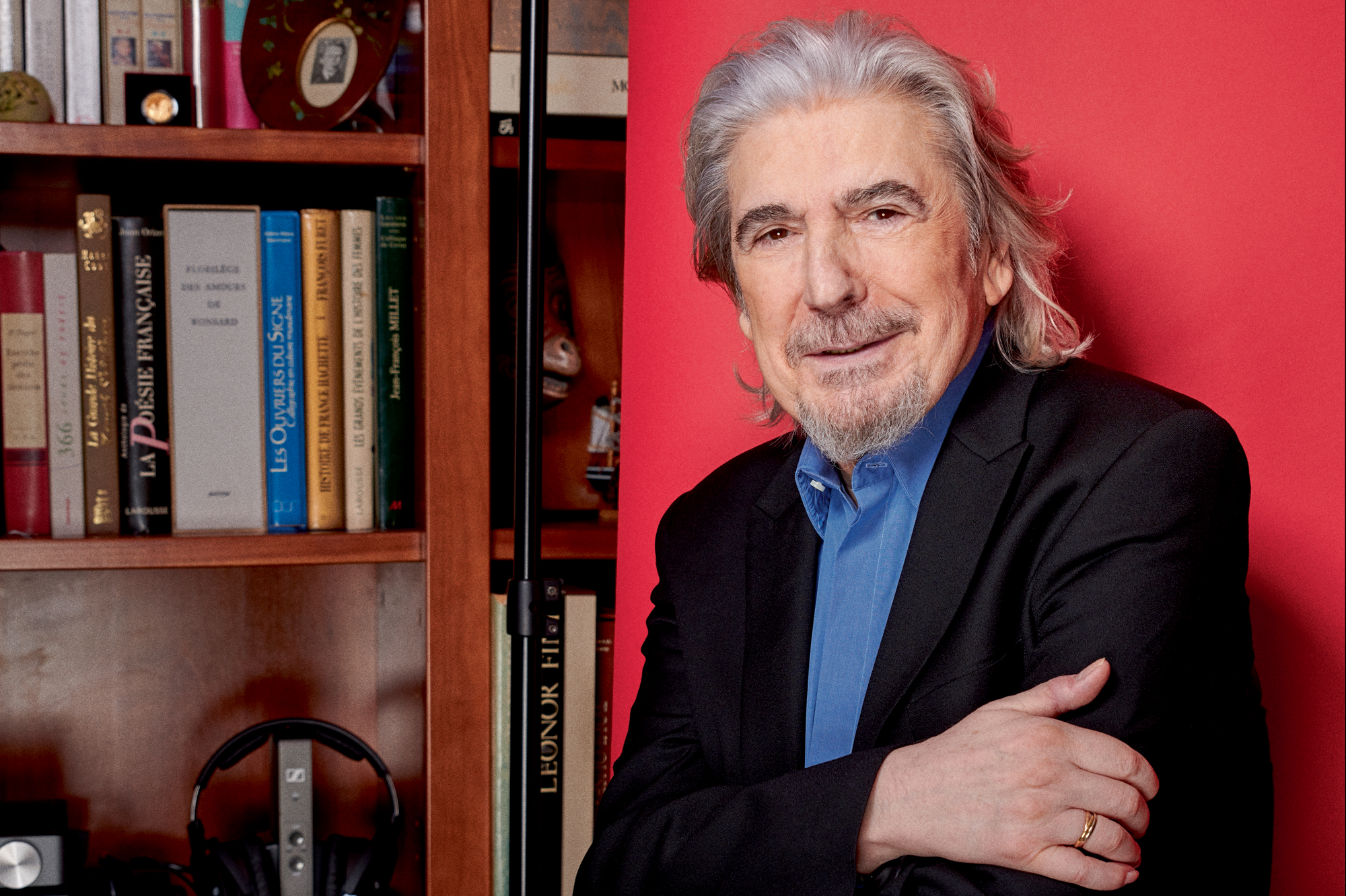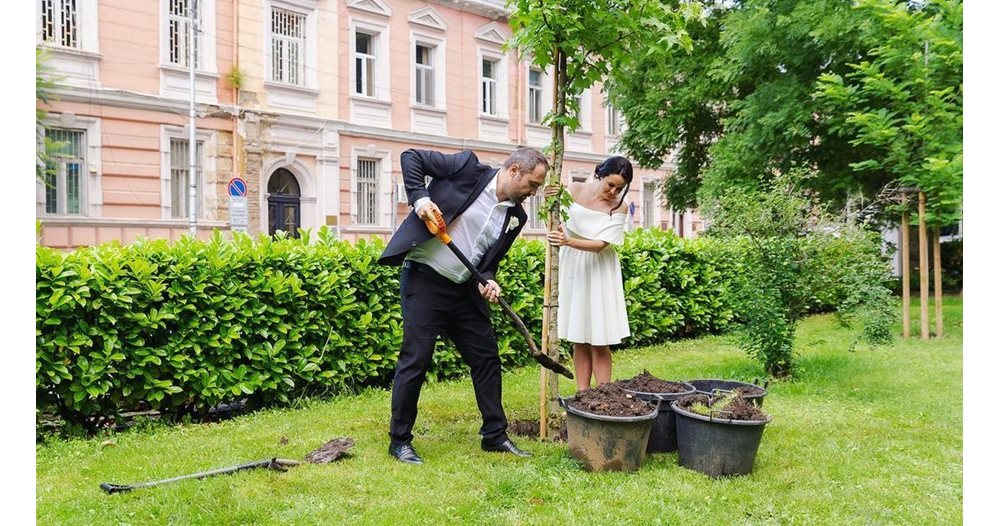At 79, Serge Lama releases his latest album as a tribute to the great French song, love and his first album, “I am sick”. Immersed in an extraordinary career studded with tasty anecdotes.
Paris match. Why stop the song now?
Serge Lama. These things just happen. Before Covid I had planned a tour in the province, and after giving birth I could no longer sing, he broke me completely physically. I had no choice. I have seen artists, like Trenet, singing seated. “There is joy” sitting, it is not possible. I remember Serge Reggiani, 70, they carried it and put it in front of the microphone, like an automaton. My body screams, creaks, screams. Even though everything is fine in my head, I feel handicapped. I don’t want people to see me like that.
The latter disc is red, like the first. Do they respond?
Not really. The common point is love. All my songs, even the funniest ones, are about love. Here, “Les p’tites femmes de Pigalle”, here is the story of a friend, wounded in the heart, who goes to Pigalle to drown his pains in the alcohol of sex. At first it was a sad text and the composer diverted the piece. This is what launched the red disc. At the same time, Dalida asked me if she could sing “I’m sick”, so the radios played my two songs at the same time. I performed them until my last concert.
There is a song I wrote to my wife, Luana, which says: “That’s why I’m saying hello to you”
Serge Lama
So, for Serge Lama, love has no age?
There is a song I wrote to my wife, Luana, which says, “That’s why I’m saying goodbye to you.” About her She is 44 years old and, despite her love, at a certain point I told myself that I couldn’t be with her, I was afraid of spoiling her … And, in the end, she didn’t want this song either. We got married last year. Everything I do is for her, this album is dedicated to her. Our love story lasted twenty years. I was with her even when I was still married …
For years I have been very afraid of this moment when I was about to go to war.
“The Men I Love” is a hymn to male sensibility. Is it in tune with the times?
I wrote this song with Johnny Hallyday in mind. I loved Johnny. Except that his writers didn’t leave him and it was almost impossible to get past this roadblock. But I was thinking maybe we could reach him with this. And then no. So I kept it to talk about men who don’t give up but who know how to pick flowers. Like Camus: a modest man from below. His death was an important event in my life. On the same level as the war in Algeria.
I have had a great admiration for Federer for a long time
From which you also took a song.
For years I have been very afraid of this moment when I was about to go to war. I went there and there are only good memories left. The arrival in Algiers, I had never taken the boat, was magnificent. What the fuck did I do … I went to the casbah dressed as a soldier. I could have been killed! Only that I had seen this film with Gabin, “Pépé le Moko”, where he goes down to the casbah. I wanted to see this. I was shy but I dared to do crazy things… And I wrote a song called “L’Algérie”, more for me than for the audience, which was released on a single. Right after the launch, I went to Nouméa for a month with a friend – it was great – I came back and they said to me: “You are at 1 million”. I could not believe it.
I still have plans in mind. If only I wrote my bio …
On your new album, you pay homage to Herman Melville and Roger Federer. Why them?
Melville is an extraordinary author, who says very profound things. I’ve read “Moby Dick” at least five times. And Federer, I didn’t know he was going to stop when I wrote the text. I have a great admiration for him, for a long time, even before he was known. He is the synthesis of everything that made tennis before him, a kind of absolute player.
And then there is “The pensioner”. It is you ?
No, he is an old man who lives in the suburbs. The elderly are threatened because we always think they have money. I put myself in the place of this old man. He is moving, all of this. I, you know, am serene. I leave enthusiastically, I still have projects in mind. If only I wrote my bio …
There are newspapers for which I don’t exist and there are some for which I exist. And that’s okay with me.
How do you feel in these times?
Everything changed five years ago with the advent of feminism. She had to move, but she is going the wrong way. I’m afraid of a war between the sexes. I come from another era, with other excesses. But you know, I didn’t have any success with girls when I was young. I was very lonely and suffered a lot. And at 30, suddenly, hundreds of women threw themselves on me, ready for anything, really. It wasn’t Weinstein, me. I almost felt violated. Before that, no one looked at me.
The media also watched you a lot. How did you live it?
There are newspapers for which I don’t exist and there are some for which I exist. And that’s okay with me. I must say that the press has divided since the Napoleon show. I was the first to play at the Palais des Congrès, where I stayed for three months. After that, I wanted to make Châtelet. Then I meet the director, and he says to me: “I can give you three days, but no more. On the other hand, if you were doing a musical … “I walked out of there and I said to my producer:” We will play ‘Napoleon’! ” It lasted three years. Later, I was a comedian, I wandered. When I took over the song, I didn’t sing like before and I never stopped.
After my serious car accident I decided that it was yes, that I would get out and get my life back
Your passion for this craft seems intact.
He made me up! It was for my father, mostly. He was so dominated by my mom, but he was happy that I was a singer. To tell the truth, one evening, I was doing Bobino, it was a triumph. My mother walks into the locker room and tells me: “If we hadn’t stopped you, you wouldn’t be here.” And she wasn’t kidding. I could have done without it, I … she was a divider of destiny.
So you stop, for sure, without turning back?
For me no, it’s no. And on the contrary, when after my serious car accident I decided that it was yes, that I would get out and find my life, I did. I told the doctor that he has not given me any chance: not only will I do it but my name will be displayed on the Olympia front. I had seen Bécaud there, as a child, and I told myself that he was the most beautiful thing in the world. And it was. 


